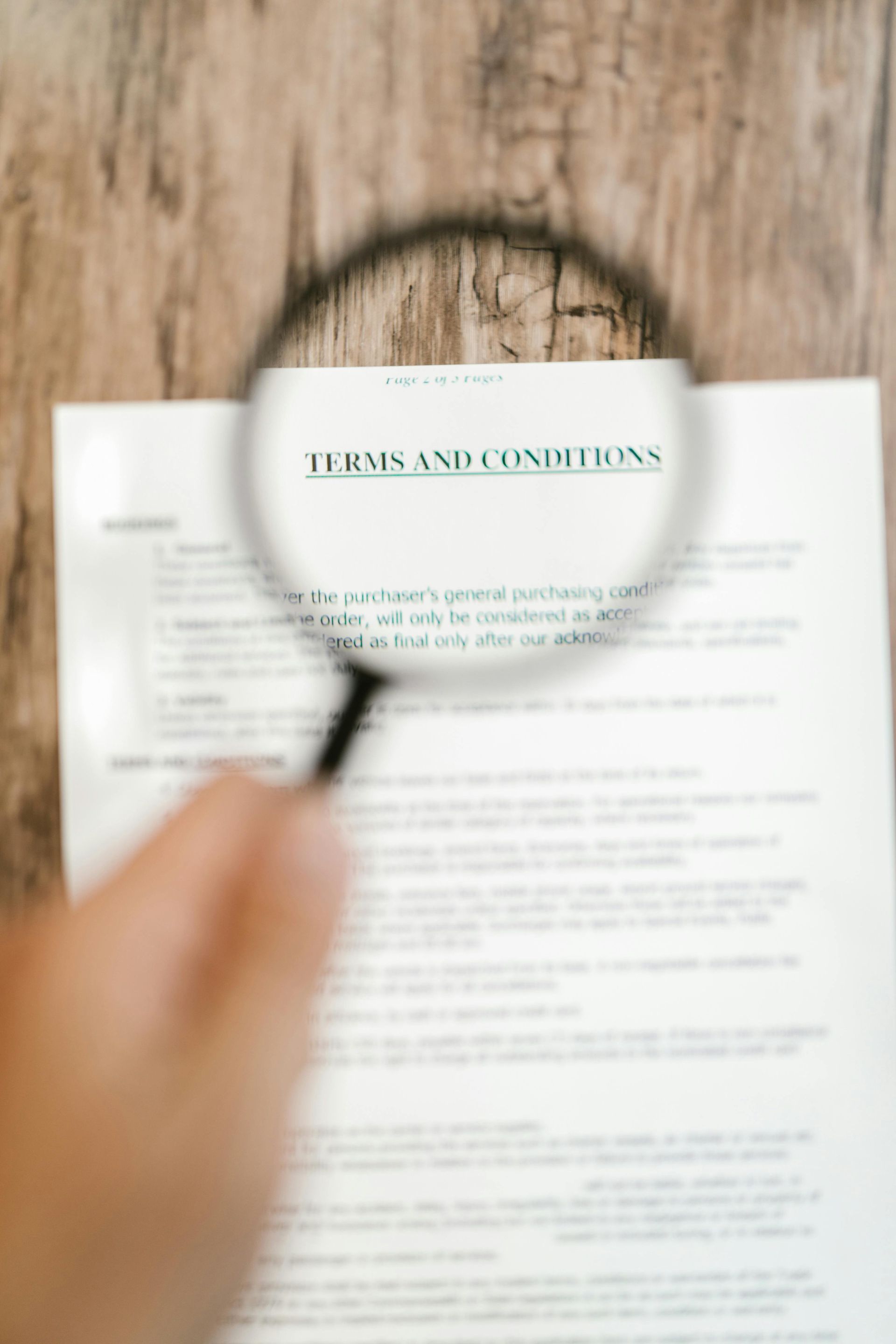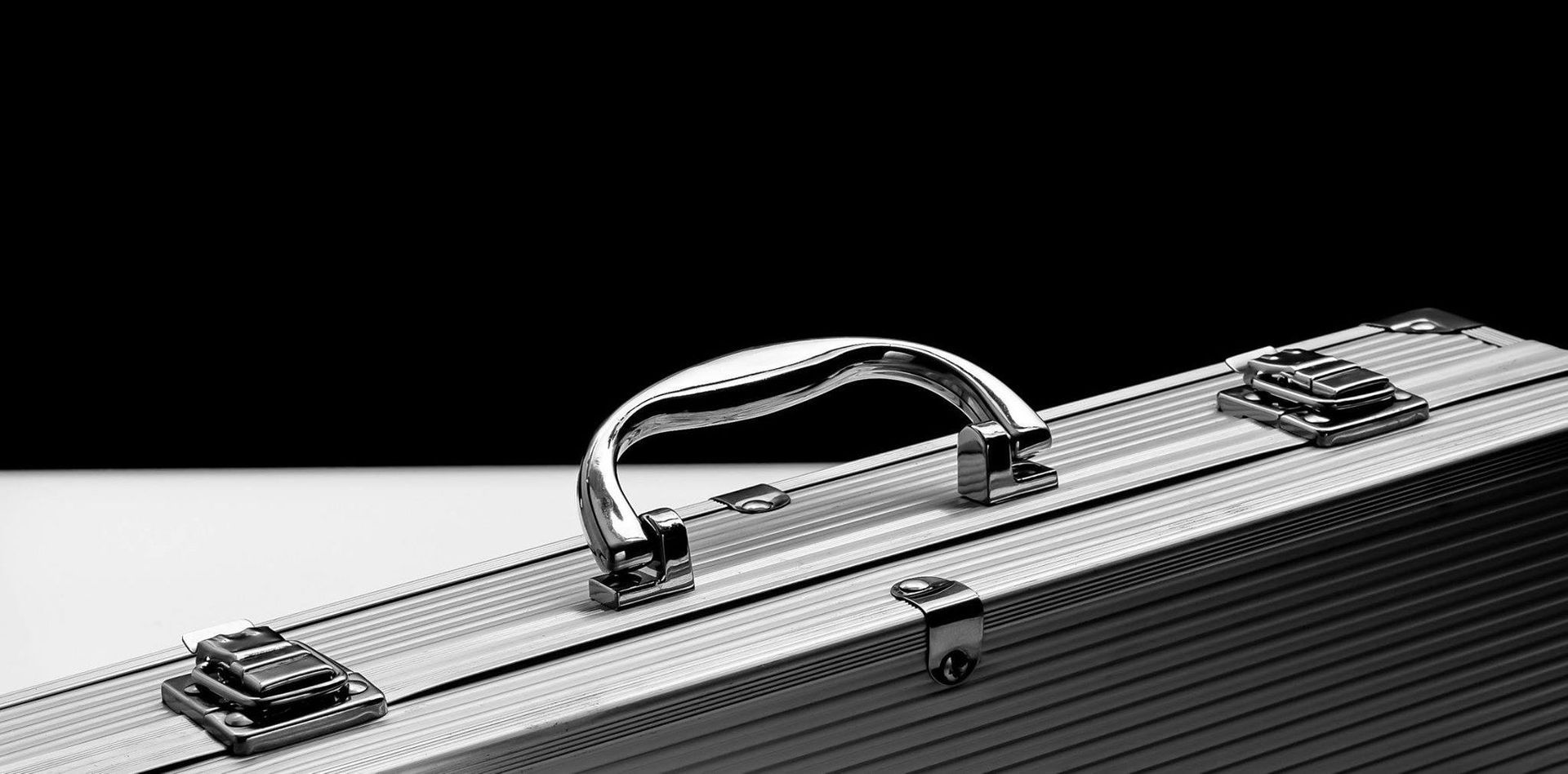Avoid Common Errors in Legal Document Notarization
Notarizing a legal document might seem straightforward, but small mistakes can cause big problems. A simple error could make a document invalid, leading to legal disputes, financial losses, or even the revocation of a notary’s commission. Understanding these errors and how to avoid them is essential for notaries, businesses, and individuals who rely on properly notarized documents.
Understanding the Importance of Proper Notarization
Notaries play a critical role in legal and business transactions by ensuring that documents are signed correctly and without fraud. Their duties go beyond just stamping a document—they verify identities, confirm willingness, and ensure compliance with state regulations.
Why Notarization Matters in Legal and Business Transactions
A notarized document carries legal weight because a trusted official has authenticated it. Some of the most common documents that require notarization include:
- Real estate deeds and mortgage agreements
- Power of attorney forms
- Wills and trusts
- Loan agreements
- Business contracts
Without proper notarization, these documents could be challenged in court or rejected by financial institutions. The American Society of Notaries (ASN) provides essential guidance on proper notarial procedures, helping notaries avoid errors that could lead to document rejection. Their resources ensure compliance with state laws and best practices, safeguarding the validity of notarized documents.
The Role of a Notary Public in Preventing Fraud
Notaries act as fraud deterrents by verifying that the person signing a document is who they claim to be. They do this by checking government-issued IDs, confirming the signer’s willingness, and ensuring that the document isn’t being signed under pressure or duress.
To ensure compliance and accuracy, notaries can refer to resources such as the National Notary Association for legal updates and professional training.
Common Notary Mistakes That Can Invalidate Documents
Even experienced notaries can make errors that render a document invalid. These mistakes can lead to costly legal disputes, rejected applications, and potential disciplinary action.
Failing to Verify Signer Identity Properly
One of the most fundamental duties of a notary is confirming the identity of the person signing the document. Skipping this step or accepting improper identification can lead to fraud, document forgery, and potential financial or legal repercussions. Proper identity verification ensures that the person signing the document is who they claims to be, preventing unauthorized signings that could lead to serious legal complications.
To prevent this mistake:
- Always request a valid government-issued ID (driver’s license, passport, state ID) to confirm the signer's identity. If the ID is expired, check your state’s laws to determine if it is still acceptable.
- Ensure the photo on the ID matches the signer and verify other identifying details such as height, eye color, and date of birth. If anything seems suspicious, ask for additional identification.
- Check for expiration dates—expired IDs are generally not acceptable in most states. Using an expired ID increases the risk of fraud and legal disputes.
- Be cautious of forged or altered IDs. If something about the ID appears tampered with, refuse the notarization and suggest the signer provide an alternative form of identification.
Notarizing a Document Without the Signer Present
Notarizing a document without the signer present is a serious violation that compromises integrity and increases the risk of fraud. Many states impose strict penalties, including commission suspension or revocation. If fraud occurs, the notary may face legal liability, civil lawsuits, or criminal prosecution.
An improperly notarized document may be deemed invalid, leading to complications in legal or financial transactions. Notaries must resist pressure to notarize without the signer and should recommend remote online notarization (RON) in states where it is legally recognized.
Using Incorrect or Missing Dates
The date on a notarial certificate must always reflect the exact date the notarization occurred. Some common errors include:
- Pre-dating or post-dating a notarization. A notary may mistakenly write a future or past date instead of the actual date of notarization, leading to document rejection.
- Using the signer’s document date instead of the actual notarization date. Some documents may already have a date written by the signer, but the notary must only record the date on which they notarized the document.
- Forgetting to include a date altogether. Omitting the date can cause confusion and delay processing, as many institutions require notarized documents to have a precise date for recordkeeping purposes.
Always double-check the date before finalizing the notarization to ensure accuracy and compliance with legal requirements. If an error occurs, correction fluid (white-out) should never be used, as it can raise concerns about document tampering. Instead, the proper way to correct a date mistake is to draw a single line through the incorrect date, write the correct date above or beside it, and initial the correction.
Leaving Blanks in the Notary Certificate
A notary certificate must be fully completed before a document is returned to the signer. Missing information can result in rejection by banks, courts, or government agencies. Every notarial certificate should include the following:
- The venue (state and county where the notarization took place)
- The date of notarization
- The notary’s seal and signature
- The name of the signer
Applying an Illegible or Missing Notary Seal
A notary’s seal is one of the most essential elements of a notarized document. If it is smudged, faded, or missing, the document may be deemed invalid. To ensure a clear and legible stamp:
- Keep extra ink pads or embosser stickers available in case the primary seal becomes faded.
- Press firmly and evenly when stamping to ensure a clear impression. Avoid applying too much pressure, as this can cause smudging.
- Avoid stamping over signatures or printed text. Place the seal in a designated blank area to ensure visibility.
- Test the stamp on a blank piece of paper before applying it to the actual document to ensure clarity.
Not Keeping a Notary Journal for Recordkeeping
Not all states require a notary to maintain a journal, but it is a best practice that can protect against false claims. A well-kept journal should include:
- The date of notarization
- The signer’s name and contact information
- The type of document notarized
- The type of ID used for verification
- Any unusual circumstances or refusals
Keeping a notary journal helps in case of legal disputes and provides proof that a notarization was performed correctly.
Engaging in Unauthorized Practice of Law
Notaries are not attorneys and should never offer legal advice. Some actions that constitute the unauthorized practice of law include:
- Telling a client which type of notarization they need. Notaries should explain the different options but let the client decide.
- Explaining legal terms or implications of a document. This should only be done by a licensed attorney.
- Drafting or modifying legal documents. Notaries should never alter or complete legal documents for clients.
If a client asks for advice, they should be referred to a licensed attorney. The American Bar Association is a great resource for finding legal professionals.
Best Practices for Accurate and Legally Compliant Notarization
Avoiding notary mistakes comes down to following best practices and staying informed about legal requirements.
Ensuring Proper Identification and Signer Willingness
A notary must always confirm that a signer is:
- Present and sign voluntarily
- Mentally competent to sign the document
- Not under the influence of drugs, alcohol, or coercion
If a notary suspects the signer is being pressured, they have the right to refuse the notarization.
Completing All Required Notarial Certificate Fields
Every section of a notarial certificate must be completed before returning the document. A second review can prevent simple but costly mistakes.
Avoiding the Use of White-Out or Unauthorized Alterations
If a mistake is made, the best correction method is to:
- Draw a single line through the error
- Write the correct information above or beside it
- Initial the correction
Using white-out can make it look like the document was altered after notarization, leading to rejection.
Storing Notary Stamps and Journals Securely
A lost or stolen notary seal can be used for fraudulent activity. To keep notary tools secure:
- Store the seal in a locked drawer or safe when not in use
- Never share or lend the seal to anyone
- Report a lost or stolen seal immediately to the issuing authority
Staying Updated on State Notary Laws and Regulations
Notary laws vary by state and are frequently updated to reflect new legal requirements and industry standards. To stay compliant, notaries must regularly review state regulations, complete ongoing training, and renew their commissions as required. Membership in professional associations provides access to legal updates, industry best practices, and networking opportunities.
An excellent resource for notary training, certification, and services is National Signing Services, which connects businesses and individuals with qualified, experienced notaries across the country. They offer a comprehensive platform that streamlines the notarization process for real estate transactions, legal documents, loan signings, and more. In addition to connecting notaries with clients, National Signing Services also provides training and support to help notaries stay updated with changing regulations and best practices in the industry.
Legal Consequences of Improper Notarization
Notary mistakes can have serious consequences, including legal liability. Even minor errors can invalidate a document, leading to financial losses or legal disputes. Notaries must follow proper procedures and state laws to ensure every notarization is legally sound. Consistently making errors can damage a notary’s reputation, result in penalties, or even lead to commission revocation.
Civil and Criminal Liabilities for Notary Errors
Errors such as improper identification, incomplete certificates, or unauthorized notarizations can lead to lawsuits. Notaries may be held personally liable for damages resulting from their mistakes, mainly if a notarized document is used fraudulently. Civil penalties can include fines, legal fees, and compensation for any financial harm caused.
In more severe cases, notaries may face criminal charges, particularly if fraud or negligence is involved. Forging signatures, failing to verify identities, or knowingly notarizing fraudulent documents can result in prosecution, potentially leading to heavy fines or imprisonment.
How Errors Can Lead to Document Rejection or Lawsuits
A rejected notarization can delay important transactions like home purchases, business deals, or legal proceedings. Missing information, improper seals, or incorrectly completed certificates can cause institutions to reject documents, requiring costly and time-consuming corrections. This can frustrate clients and negatively impact the notary’s credibility.
If fraud is involved, notaries may face criminal charges, and those affected by the fraudulent document could take legal action. Even if the notary was unaware of the fraud, failure to follow proper procedures can result in accusations of negligence. To avoid these risks, notaries must remain diligent, double-check their work, and stay updated on state laws and best practices.
Conclusion
Proper notarization is essential for ensuring that legal documents are valid and enforceable. Notaries must follow strict procedures to avoid common errors that can lead to legal and financial consequences. For notary professionals looking for reliable signing services, National Signing Services offers expert assistance for loan signings, legal document notarization, and mobile notary services.











